The industry is facing serious challenges due to global overcapacity, unfair trade practices and high energy costs, especially in Germany. According to forecasts by the World Steel Association (worldsteel), steel demand is expected to remain at low levels next year.
Kerstin Maria Rippel, Managing Director of Stahl Wirtschaftsvereinigung, stated that steel companies face major obstacles in making the transition to climate-neutral production processes. Emphasising that high electricity costs in Germany put the industry in a more difficult position compared to other parts of Europe, Rippel added that the decrease in domestic demand also posed serious problems.
‘Europe has to develop effective trade protection mechanisms to achieve climate neutrality,’ Rippel stated, adding that this discussion shows that the needs of Europe's steel industry are being taken seriously. Rippel stated that the Clean Industrial Agreement and the Steel and Metals Action Plan, which are planned to be established within the framework of the European Green Deal, will play an important role in the transition to a climate-friendly industrial structure.
Noting that new steps have been taken in the field of industrial policy during the second term of Commission President Ursula von der Leyen, Rippel emphasised that this debate is of critical importance to demonstrate the commitment of the Parliament and the Commission to increase Europe's competitiveness. ‘In the context of external trade policy, concrete measures to improve the competitiveness of energy prices, secure the transition to climate neutrality and introduce clear European content requirements for CO2 reduction must be taken as soon as possible,’ he added.
Restructuring the European steel industry and taking the necessary steps for a sustainable future is vital for the health of not only the industry but also the European economy as a whole.


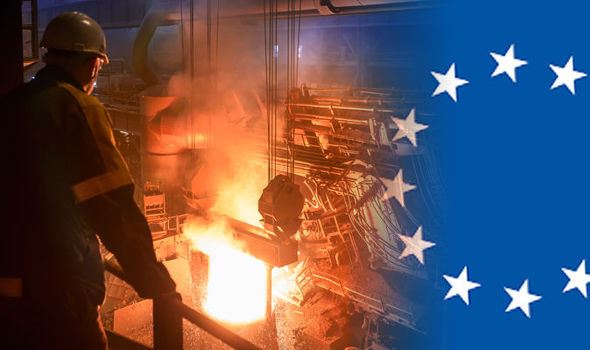
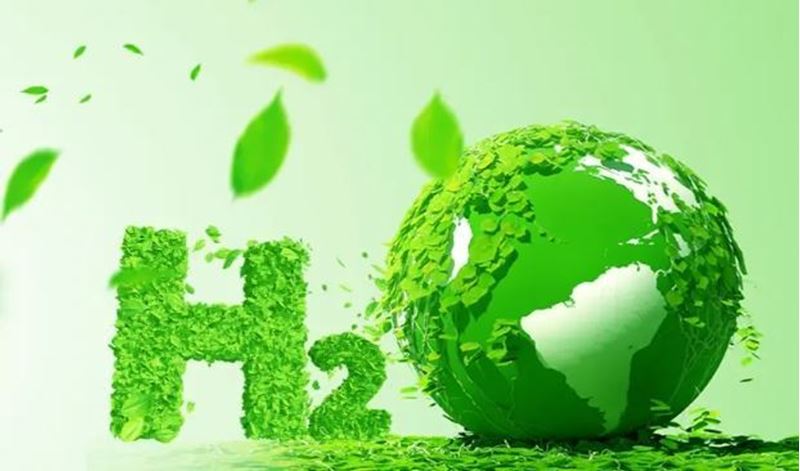
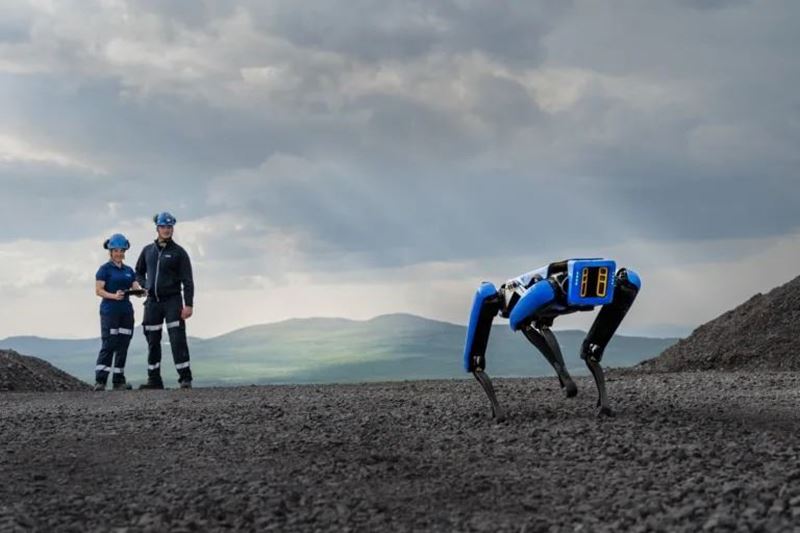
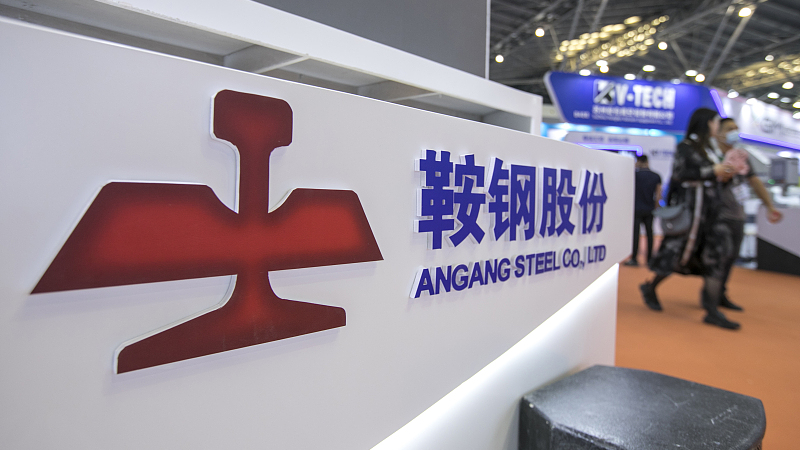
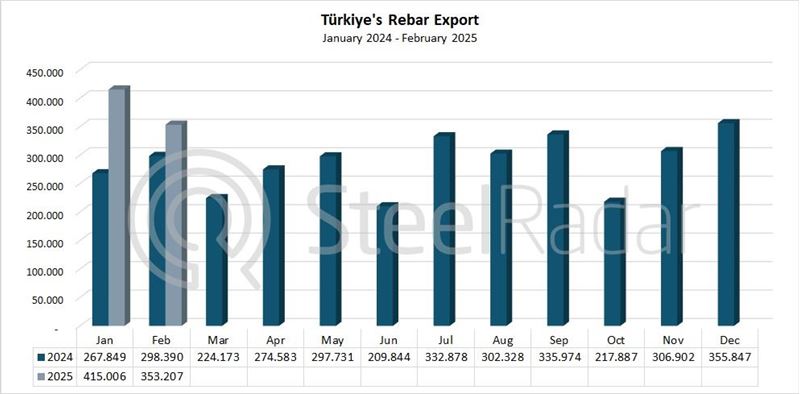


Comments
No comment yet.